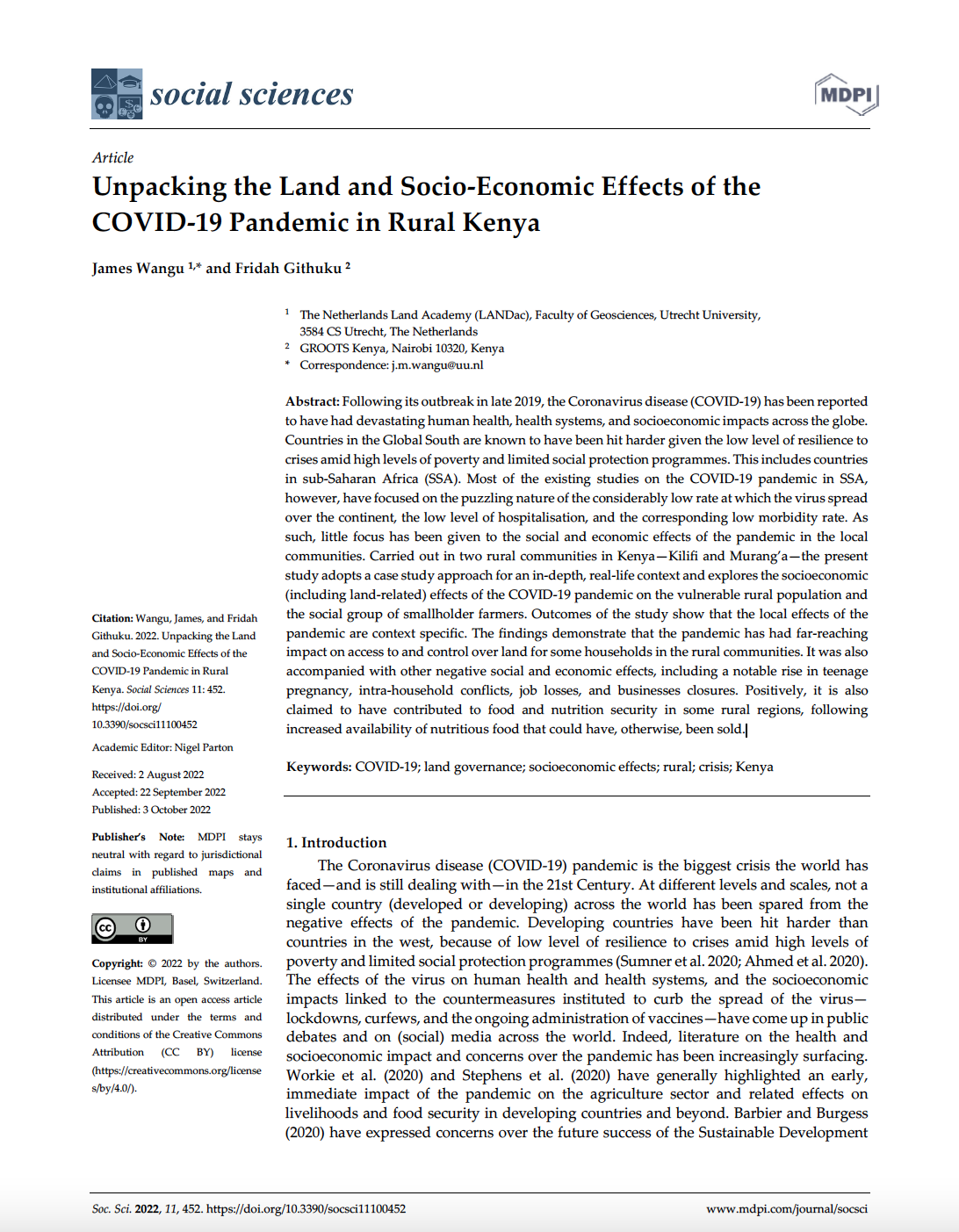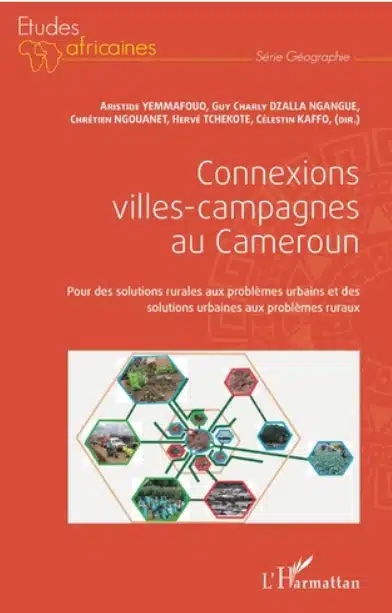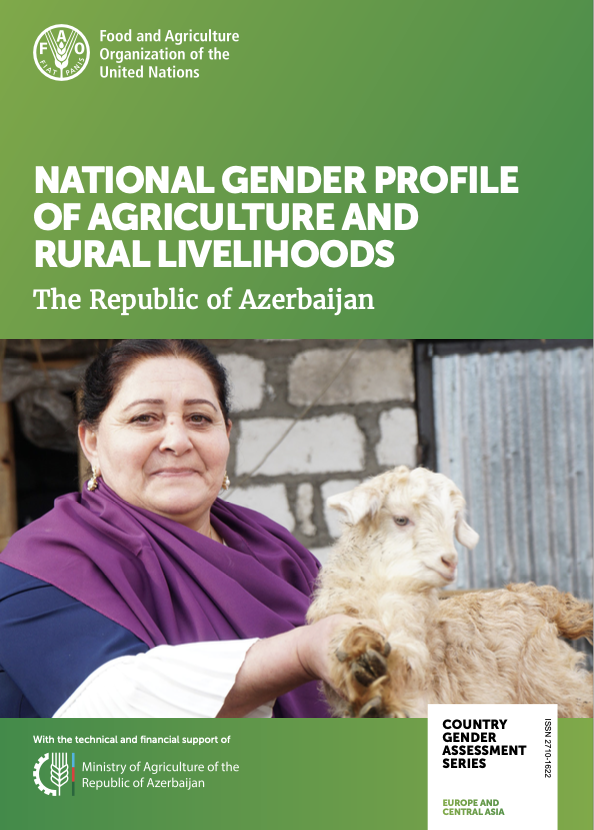Context and backgroundIn common with other African countries, colonization had an important impact on land relations in Uganda. Land is an important asset for people’s livelihoods and for economic development in Uganda, where the majority of people live in rural areas. Uganda’s land reform was introduced with the 1998 Land Act, which aims at enhancing tenure security by recognising existing rights to land. Furthermore, the evidence of any links between the formalisation of land rights, investment and productivity under different tenure systems is inconclusive.





